
There is much debate about feeding birds and whether it will lead to birds that are dependent on you and your food.
Some feel that birds will rely on the food provided by you and that they will lose their ability to find their own food. Others feel that birds will adapt to any situation and will find their own food if a food source fails to provide sufficient food for them and their family.
As reported in Bird Watcher's Digest, researchers Margaret Brittingham and Stanley Temple found that black-capped chickadees take, on average, only 20-25% of their winter food requirements from feeders. But, they also demonstrated a significant correlation between an individual bird's ability to survive the winter and the use of bird feeders.
It was found that birds that use feeders had a month to month survival rate of 95% compared to 87% of wild birds that did not use wild bird feeders. For winter (as opposed to month-to-month), 69% of the feeder using birds survived the winter where only 37% of wild non-feeder using birds survived the winter.
If more wild birds survive the winter when we feed them, what are the implications? In simple terms, it means that without our help, a higher number of birds fail to survive the winter. If we help, more birds will survive. Interestingly, although our feeding will help more survive the winter, birds do not become dependent on us. If you stop filling your feeders, the birds always immediately move on to find food on their own. You will also notice that in the spring, when food abounds, the birds are not as active at the feeders as they are in the winter when food is harder to find.
We can only suspect that different birds, like people, have different levels of dependence. But, the bottom line is that birds will adapt. If you stop feeding them, they will move on and find food.
I recommend that if you start a bird feeding program, stay consistent. It is best if you fill the feeders at the same time every day or whatever interval you need and ensure that the feeders do not stay empty for extended periods. For really great public information about bird feeding, go to http://www.americanbirding.org/
Also, if you plan to go on vacation or holiday, plan for your absence. If you will be gone for a short time (a few days), overfill your feeder and spread some on the ground around trees or bushes near your feeders. If you are going to be gone for an extended time, ask your friends, neighbors, or relatives to check and fill your feeders on a consistent basis.
As for winter feeding, it is more serious. Some bird populations may not migrate to areas of higher food availability if there is a reliable source near their summer habitats. Thus, if you feed birds on a consistent basis over the spring and summer, it is important that you are extremely consistent in the winter, when some species may rely on your food to survive.
To make a long story short, it is better for survival rates if you feed wild birds in your yard. But if you decide to feed them, it is ideal if you are consistent in your feeding.
Mike Kershaw has a graduate degree in biological sciences and is an expert in attracting and retaining wild birds to your backyard. Mike is a wild bird enthusiast and owner/operator of the online wild bird supplies superstore The Bird Warehouse.
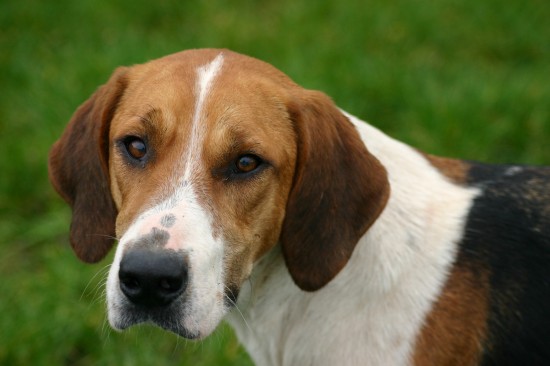 Can A Foxhound Really Make For A Good Domestic Pet?
Can A Foxhound Re
Can A Foxhound Really Make For A Good Domestic Pet?
Can A Foxhound Re
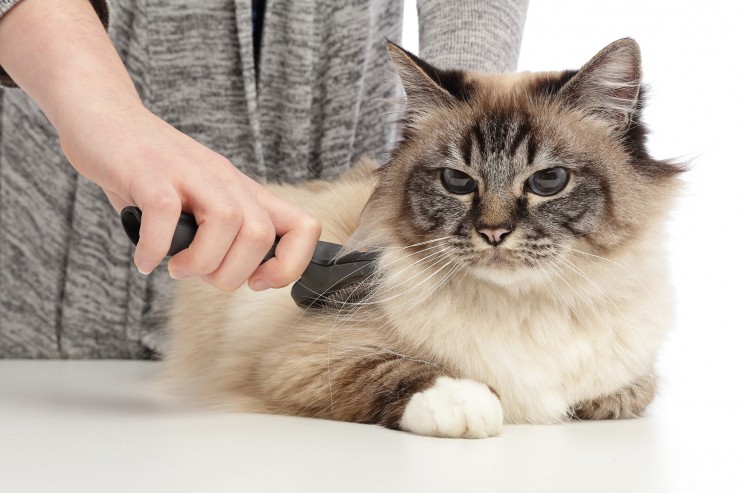 Six Good Reasons For Regularly Grooming Your Cat
Six Good Reasons
Six Good Reasons For Regularly Grooming Your Cat
Six Good Reasons
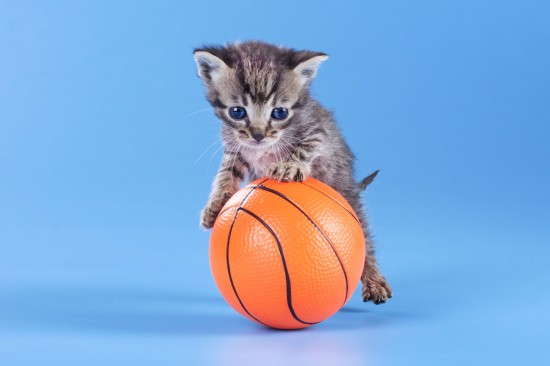 Getting Your Cat Fit And Healthy By Having Fun
Getting Your Cat
Getting Your Cat Fit And Healthy By Having Fun
Getting Your Cat
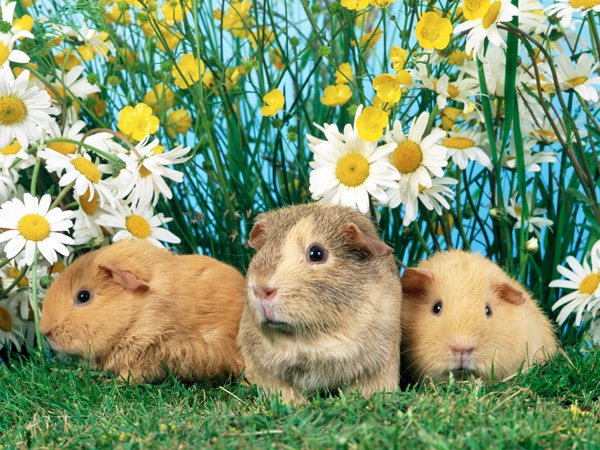 Benefits Of Big Bags Of Salmon Meal For Your Dog
Benefits Of Big Bags Of Salmon Meal For Your Dog
Benefits Of Big Bags Of Salmon Meal For Your Dog
Benefits Of Big Bags Of Salmon Meal For Your Dog
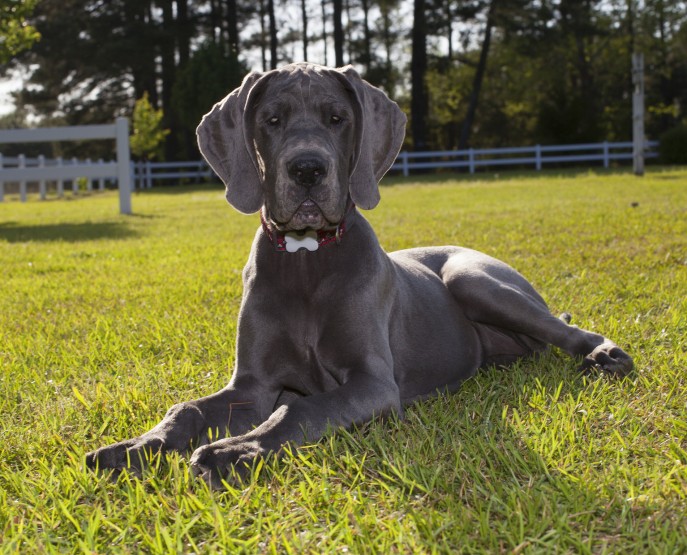 How To Decide Upon A Puppy Food For Large And Giant Breeds Of Dog
How To Decide Upo
How To Decide Upon A Puppy Food For Large And Giant Breeds Of Dog
How To Decide Upo
Copyright © 2005-2016 Pet Information All Rights Reserved
Contact us: www162date@outlook.com